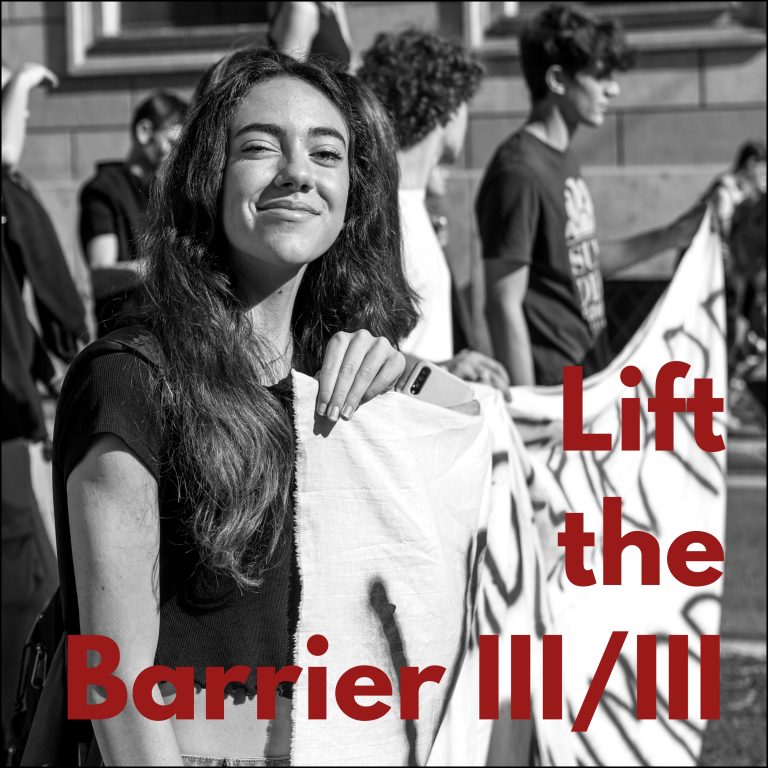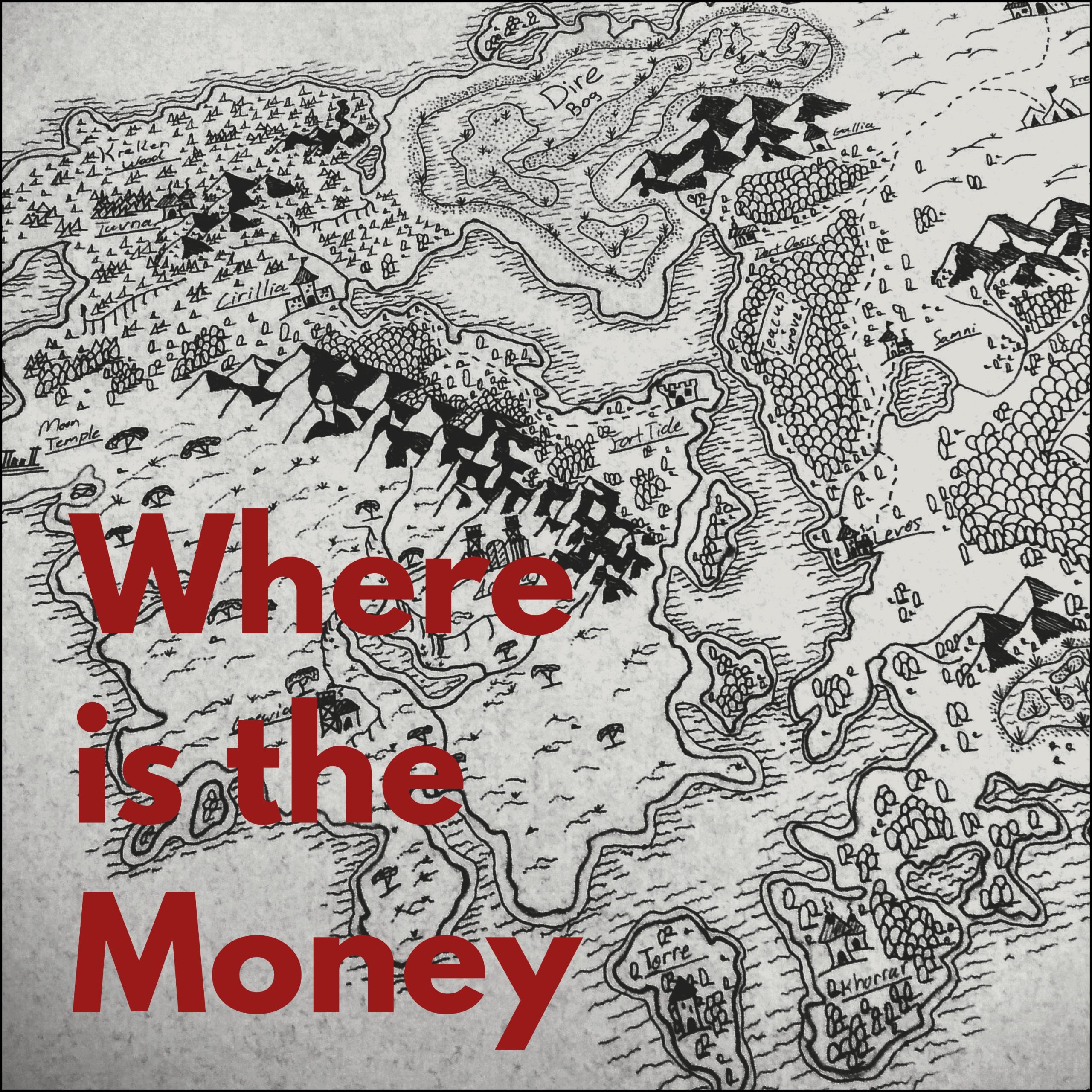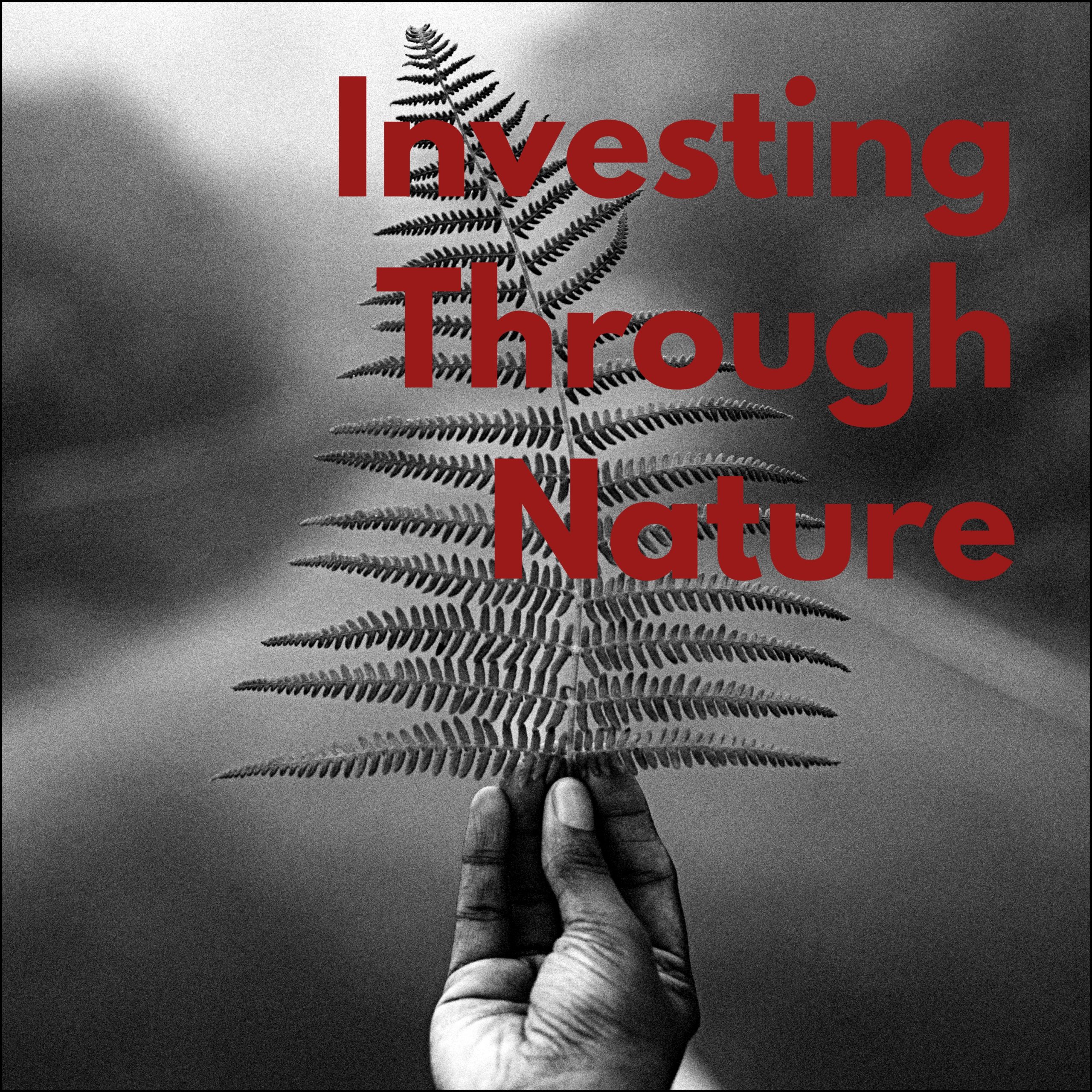Women face a 14-fold higher risk of mortality or injury during climate-related natural disasters compared to men. They represent 80% of people relocated by climate change. Climate change is not gender-neutral and women are disproportionately impacted. It is essential to acknowledge that women can play a pivotal role as agents of change in the battle against this crisis.
At Broadpeak, we collaborate with industry experts, impact-driven investors, and academic institutions to address urgent global challanges. Through our articles and trilogies, we aim to share the insights we have gained from these projects with our network. Explore all of our published articles and trilogies in the blog section of our website.
Climate change and gender equality
Climate change is a global challenge. However, its impacts are unevenly distributed throughout the world with developing countries and marginalized social groups being the most vulnerable. These regions often highly rely on ecosystem services, reside in environmentally exposed areas, and lack resources to cope and adapt to changing environmental conditions and disasters. This high sensibility to climate variability exposes them to conflict, water and food insecurity, displacement of populations, health risks, and poverty.
Women represent a marginalized group, and it has been observed that climate change not only increases underlying and existing gender inequities but exacerbates them. This article will focus on women’s inequalities, noting the degradation of women’s rights and equality during crises. As pointed out by Heather Huhtanen, working in gender equality and security sector reform, “Gender inequality not only amplifies the climate crisis but hinders an effective response to it. To sustainably address climate change, we must collectively challenge and transform traditional gender norms and roles for both men and women. This means recognizing that gender equality is not only a solution but the key to unlocking our collective human potential in tackling global challenges.”
Gendered impacts of climate change
Because women are often poorer, have lower levels of education, and are often not involved in any decision-making that impacts their lives, they are more exposed and vulnerable to the effects of climate change. Gender-based social norms can also prevent women from adopting the right resilient and adaptation strategies needed in emergencies. This is mainly caused by men’s and women’s expectations and roles in society. In developing countries, during a climate disaster, men are mobile and can leave to look for job opportunities elsewhere, whereas women are stationary and bear the brunt of caring for the family and household. Education also plays an important role, as gendered sociocultural mindsets usually do not encourage girls to learn life-saving abilities such as swimming and tree climbing. Because women are less likely to be included and participate in policy-making processes supporting gender-specific adaptation or mitigation initiatives, discriminatory legal systems further enhance women’s vulnerability.
Gendered expectations persist and are amplified during crises, such as natural disasters, where women will face greater challenges in fulfilling their responsibilities. For example, women and girls bear the responsibility of collecting water in 80% of households that need water collection. In periods of high temperature, they will need to work for longer periods and walk longer distances to collect water, exposing them to health problems and dangers such as physical and sexual violence. A rise in this workload also means less time for other education and income-generating activities.
Furthermore, women have unequal control over and access to resources and assets such as land, cattle, and property. Women in Africa are responsible for 50 to 80% of the agricultural production but possess less than 20% of the total agricultural land. This exacerbates existing inequalities as ownership can offer physical security as a strategy to prevent and manage crises through adaptation. Elena Haba, the program manager of 2XIgnite told us that “In sub-Saharan Africa, for instance, women represent over 60% of those employed in the agricultural and agri-food systems and heavily depend on natural resources. However, these resources are increasingly affected by climate change, disproportionately exposing women to the risks of extreme weather events. Moreover, despite their high reliance on them, women have limited access to both natural and financial assets, hindering their ability to adapt to various climate shocks.”
Women as agents of change
Women are frequently perceived as susceptible to the impacts of climate change; however, they also hold a crucial role in the collective efforts to address this crisis. Research indicates that women are typically the first to react and respond to natural disasters in the community. Their involvement can improve disaster risk reduction and management as they efficiently mobilize communities. Jessica Espinoza, the CEO of 2XGlobal mentioned to us “A lot of solutions come from women entrepreneurs who really understand the consequences of climate change on communities and develop business models based on the needs of the local communities. These are small but high impact ventures that are grounded in the community and have the local solutions that are necessary to promote change towards climate change.”
Studies suggest that when women attain a greater social and political status, their countries tend to reveal a 12% reduction in CO2 emissions. In addition, women are often the driving force behind the development and improvement of climate change policies compared to men. A study of 130 countries also revealed that nations with a significant representation of women in their administrations are more inclined to endorse international environmental agreements.
Furthermore, women’s distinct and extensive knowledge and skills of their environment can contribute to more efficient and sustainable mitigation and adaptation responses to climate change. Tatiana Gil, a public health, nutrition, and gender expert, said “Women as agents of change are essential, as they have a unique knowledge about the climate change consequences on individuals, households, and communities. Women are also very conscious of the scarcity and the consequences of climate change on the availability of natural resources such as food and water. Capitalizing on their strengths and building upon their capacities should be the pillar of future policies preventing the degradation of the environment.”
A gender-lens in tackling climate change
The success and sustainability of initiatives addressing climate change are closely tied to the active involvement of women, as gender equality serves to strengthen resilience to climate change. Nevertheless, realizing this potential requires the acknowledgment of the necessity for gender-specific responses and a recognition of women’s capacity to contribute effectively to climate change mitigation. Unfortunately, this is not yet the case. For instance, in 2019, only five out of 75 member states of the UN Security Council acknowledged the significance of gender considerations in addressing climate-related security risks.
This raises the importance of gender mainstreaming. Lamia Rhoufrani, a program coordinator for UN Women Morocco said, “In terms of mobilizing partnerships, UN Women’s collaboration with civil society organizations, women’s groups, and other stakeholders was essential to support the government in effectively implementing gender and climate policies. In addition, policymaking must recognize gender disparities in the face of climate change, which involves strengthening women’s access to resources, technologies, and financing so that they can better face environmental challenges. It is also essential to invest in the education and training of women in areas related to climate change, thus strengthening their capacity to contribute effectively to the fight against it.”
Anna Dorangricchia, a gender expert at the Union for the Mediterranean stated “Women are often perceived primarily as target groups rather than actors in the context of climate change. While they are the ones working in the green transition in most instances, they are also the ones facing the most difficulties and challenges in accessing finance, equipment, and skills. Moreover, their voices are often marginalized in decision-making processes related to mitigation and adaptation policies for climate change. To address this, environmental strategies need to be designed such that conditions and opportunities are created for women to empower themselves and act as successful agents of change.”
Moving forward, a profound understanding of the gendered impacts of climate change is imperative for the successful implementation of adaptation and mitigation strategies. This requires the access and utilization of sex-disaggregated data to facilitate precise gender analyses. From initial discussions to decision-making and subsequent implementation, the entire process must be approached through a gender lens. This intentional perspective is crucial not only for identifying beneficiaries of policies but also for preventing the exacerbation of existing gender gaps. In our commitment to climate action, it is essential to proactively address gender disparities. These efforts are pivotal for shaping a more resilient and equitable future.





